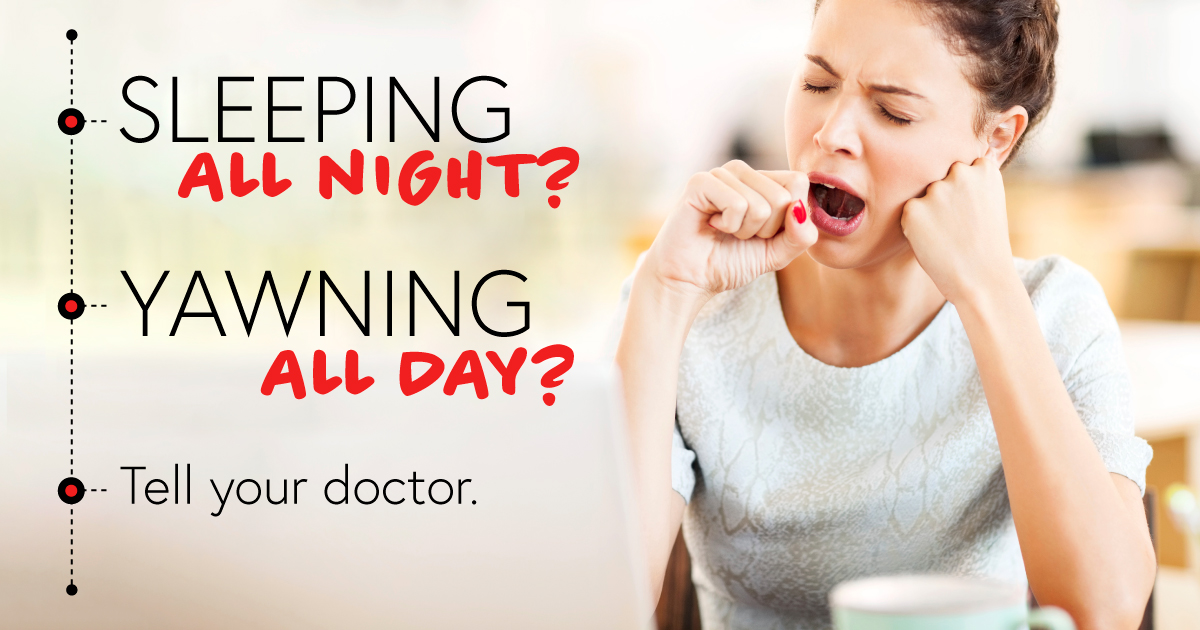
 March 20, 2019— Among people with obstructive sleep apnea (OSA), those who often feel excessively tired may be at most risk for heart disease and strokes, new research suggests.
March 20, 2019— Among people with obstructive sleep apnea (OSA), those who often feel excessively tired may be at most risk for heart disease and strokes, new research suggests.
The study involved adults with moderate to severe OSA, in which breathing stops or is reduced during sleep. OSA happens when the airway in the throat becomes narrowed or blocked by the relaxation of excess soft tissues. People with OSA also may:
- Snore.
- Gasp for air.
- Feel very tired after they wake up, even when they get enough hours of sleep.
Previous research has already linked OSA to an increased risk of cardiovascular diseases (CVD), including heart problems and stroke. But for this study, researchers hoped to learn whether they could predict the participants' risk for CVD based on their main types of OSA symptoms.
Study authors found that those who were very tired were more likely to have cardiovascular problems than those who were more alert. For example, they were:
- Already more than three times as likely to have heart failure when the study started.
- About twice as likely to have a heart attack, heart failure or a stroke or to die from CVD during the study's nearly 12-year follow-up period.
- More likely to have a new or recurring cardiovascular event during the follow-up period.
What's more, only the sleepy people with OSA were more likely than people without OSA to have CVD when the study started.
The study doesn't prove that having OSA and being excessively sleepy actually causes heart problems or strokes. For example, extreme tiredness could just be a sign of other underlying issues that may lead to these health problems.
However, the findings do offer a few important takeaways. One is that people with OSA should talk to their doctors about any daytime tiredness they experience. The findings also suggest that treating OSA may be key to reducing the risk of CVD. The most common treatment is continuous positive airway pressure, or CPAP. With CPAP, a mask worn over the face during sleep releases pressurized air into the airway to keep it open.
The study appeared in the American Journal of Respiratory and Critical Care Medicine.
Could you have OSA?
Tell your doctor if you think you might have any of the signs of OSA. To help find out if you have OSA, your doctor may suggest a sleep study. Learn more about how OSA and other sleep disorders are diagnosed.